In addition to demanding blind allegiance to his royal orangeness, proposed tariffs are a major part of Donald Trump‘s platform. However, based on comments made within the Trump campaign, he and his vice presidential running mate JD Vance don’t know how tariffs work or even what they mean.
In his potential second term, Trump has proposed a 10 to 20% tariff on all imported goods, and at least a 60% tariff on imports from China, among other possibilities. He’s also suggested that with the added tariff revenue, the federal income tax could be eliminated and tariff money could fund childcare programs and other initiatives. In short, the Trump-Vance ticket says it will jack up tariffs on foreign companies looking to sell their products in the U.S. and, by doing so, reap a heap of benefits.
Not so fast, Cheeto and Sofa Man. Research shows that tariffs often have the opposite effect. It won’t be foreign companies paying those tariffs, but domestic importers, who then will raise prices, causing inflation. Hear those crickets? That’s what it sounds like inside Trump’s brain.
Did Trump and Vance fail econ 101?
As CNN points out, Trump and Vance still state on the campaign trail that tariffs will not affect American companies or the American middle class, but instead be paid by foreign corporations. At an Arizona campaign stop, Trump said, “I am going to put tariffs on other countries coming into our country, and that has nothing to do with taxes to us. That is a tax on another country.” Okay.
Meanwhile, in Michigan, Vance added that because of tariffs in Trump’s first term, “[m]anufacturing came back and prices went down for American citizens. They went up for the Chinese but went down for our people.” He blamed the anti-tariff message on “corrupt leadership” — a favorite Trump hobby horse. Since then, Trump has escalated his tariff threat, stating that he might implement a 100% tariff on imports from countries that stop using the U.S. dollar as reserve currency. Industrial tariffs currently average around 2%. “You leave the dollar and you’re not doing business with the United States,” Trump has said.
The truth about tariffs
All in all, major news outlets like The New York Times and CNN are in agreement that Trump and Vance fail to understand the devastating effects such steep tariffs could have on the American economy. Massachusetts Institute of Technology economics professor David Autor told the Times that Trump’s tariff proposals could raise prices and cause a recession. Meanwhile, 16 Nobel Prize-winning economists wrote in a letter opposing Trump’s tariffs that “[a] second Trump term would have a negative impact on the U.S.’s economic standing in the world and a destabilizing effect on the U.S.’s domestic economy.” Cornell University trade economist Eswar Prasad added, “Trump seems drawn to trade tariffs as a bargaining tool with other countries because tariffs have powerful domestic political symbolism, are much easier to turn on and off than financial sanctions, and can be tweaked with shifting circumstances.”
Trump tried tariffs before. How’d that go?
Trump’s insistence that tariffs will work is shocking, because he tried similar tactics in his first term, raising tariffs on Chinese steel, auto parts, and aluminum. In retaliation, China announced that it would stop importing U.S. agricultural products, forcing the federal government to bail farmers out to the tune of $12 billion, which caused many farms to go into bankruptcy among other economic consequences. In 2019, American Farm Bureau Federation President Zippy Duvall said, “In the last 18 months alone, farm and ranch families have dealt with plunging commodity prices, awful weather, and tariffs higher than we have seen in decades. Farm Bureau economists tell us exports to China were down by $1.3 billion during the first half of the year.”
Let’s not forget that the U.S. has tried high tariffs before. In 1890, President William McKinley, in the Tariff Act of 1890, raised tariffs on imports by as much as 49.5% to raise revenue and protect the American economy. Like economists say today, prices shot up and contributed to a whole host of serious economic problems. It’s hard to say what goes on in Trump’s mind or why he says what he says, but it sure seems — as a recent Acyn X post about tariffs points out — that he and Vance don’t understand what tariffs mean. Add to that list, Marxism, patriotism, and wind power, the comment adds. Back to the drawing board, Don! But first, better check to make sure you haven’t crapped yourself again.

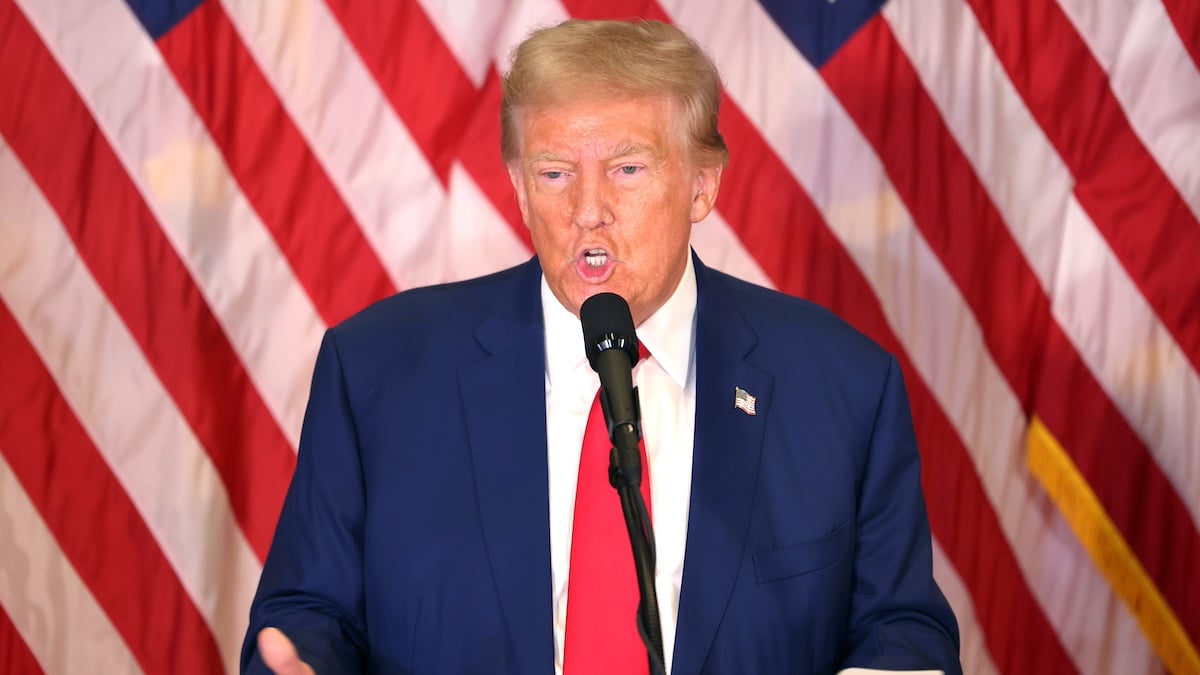
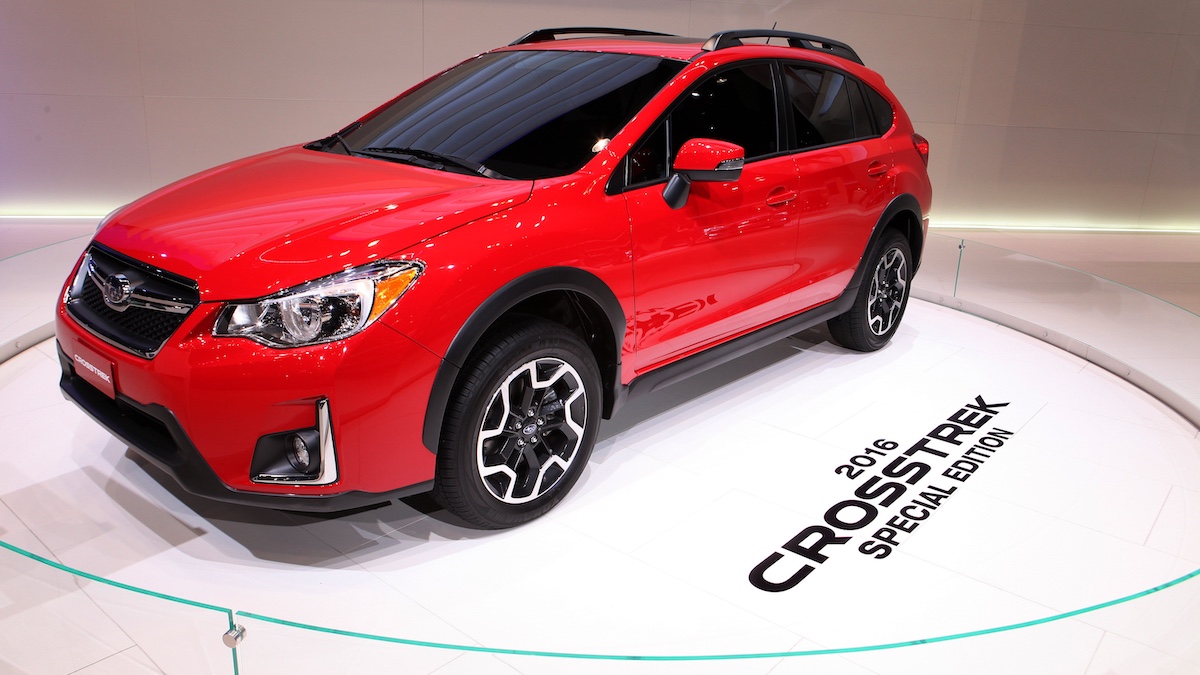

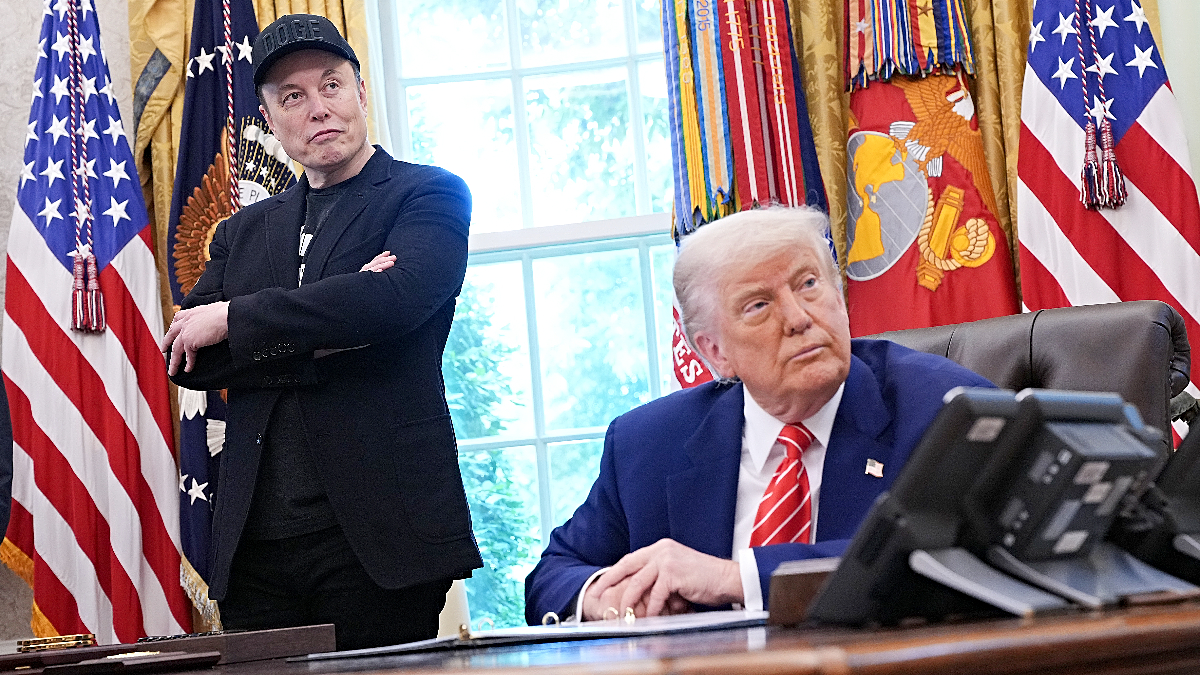
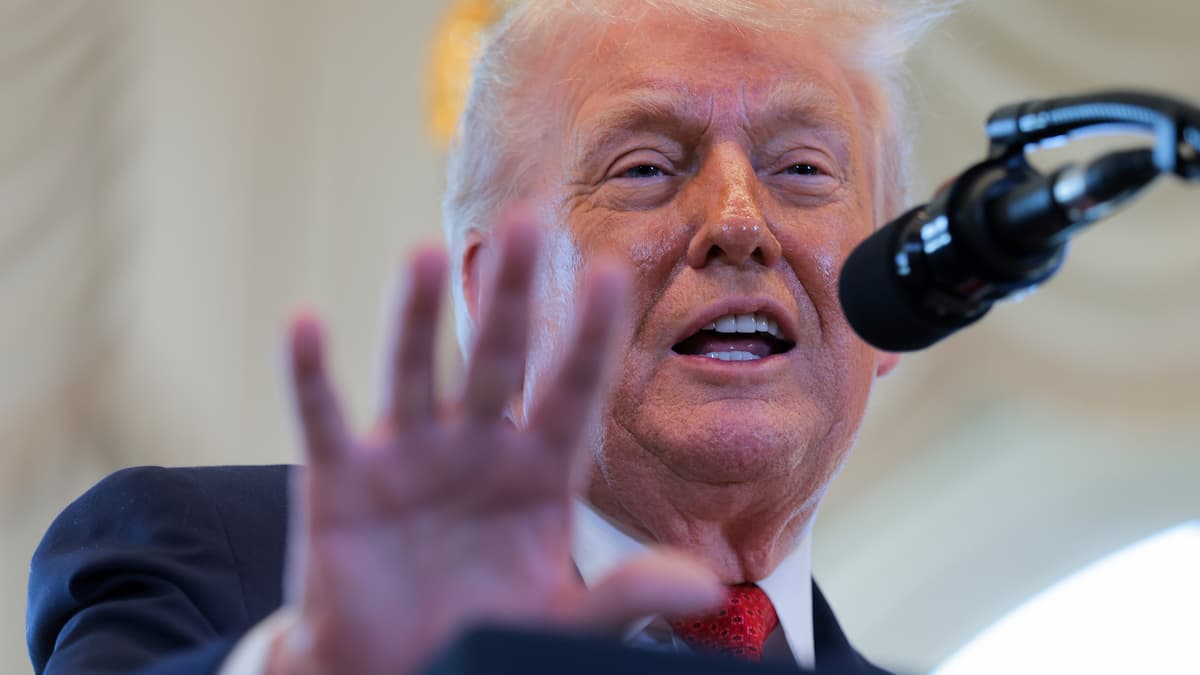
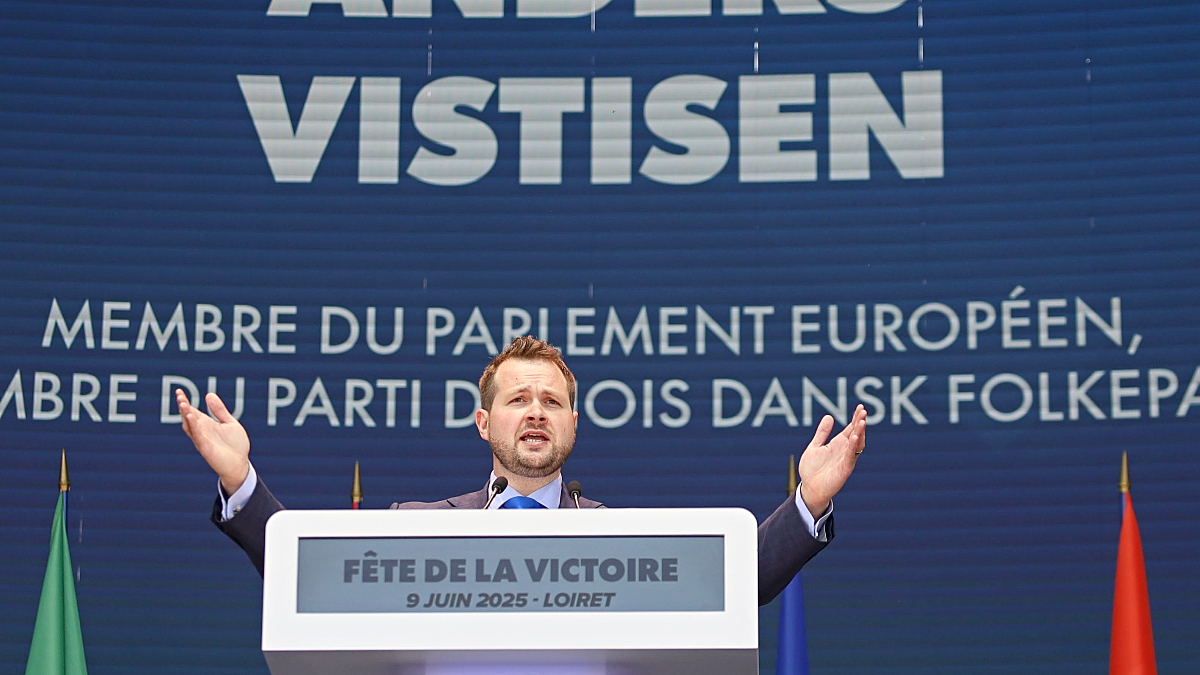

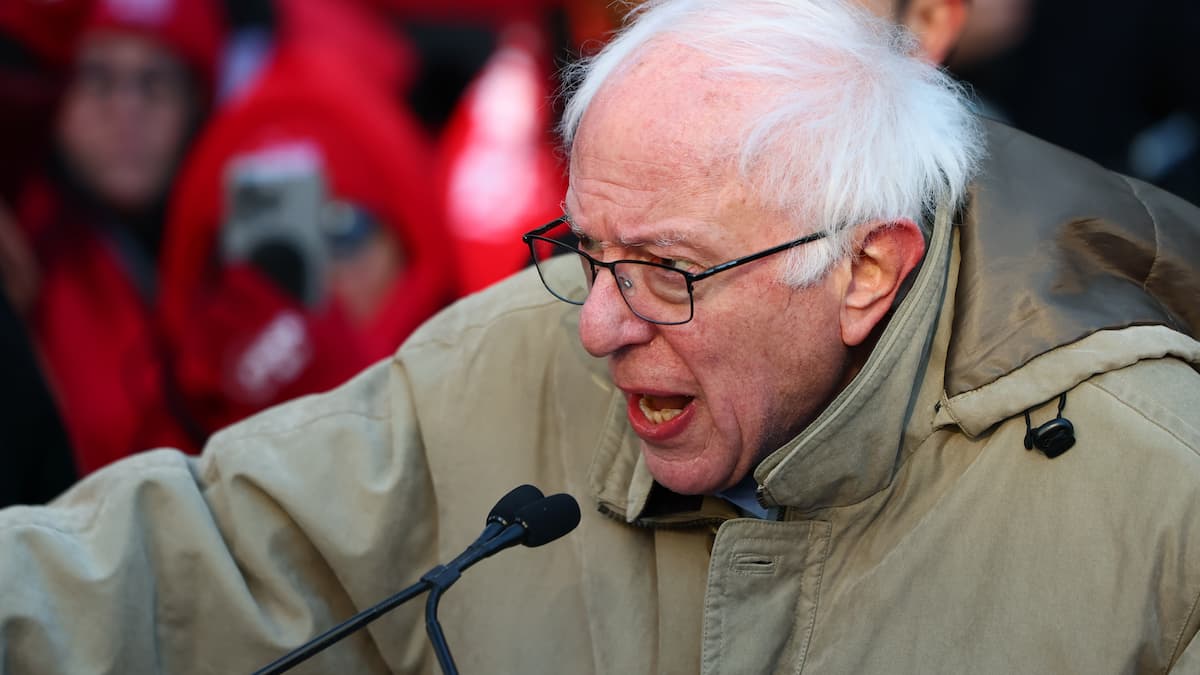


Published: Sep 10, 2024 03:07 pm